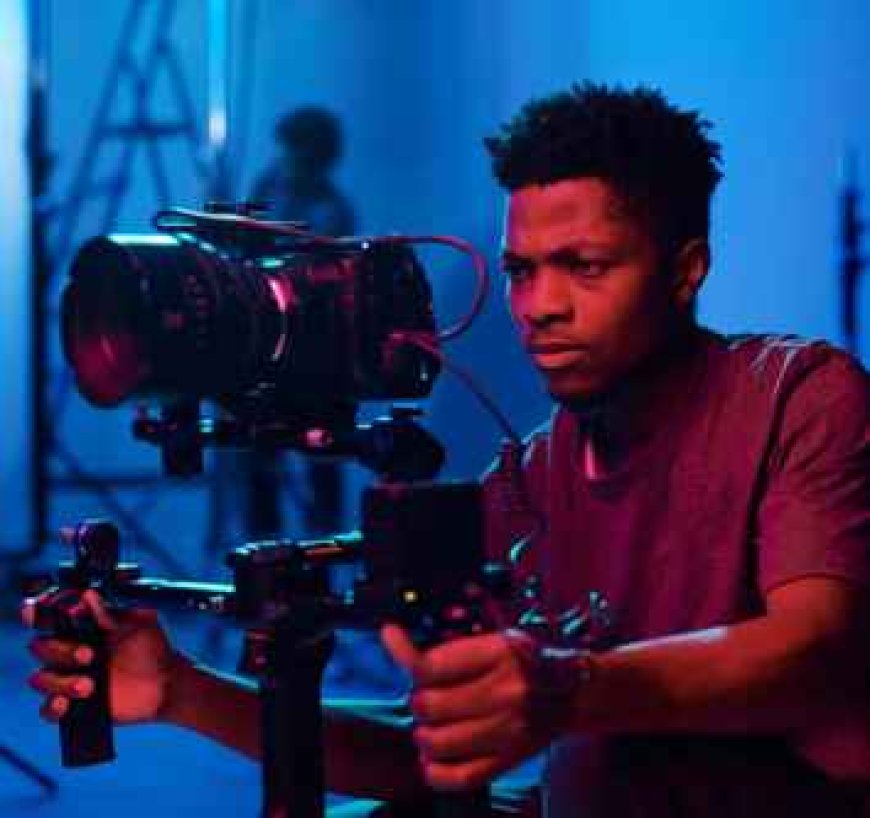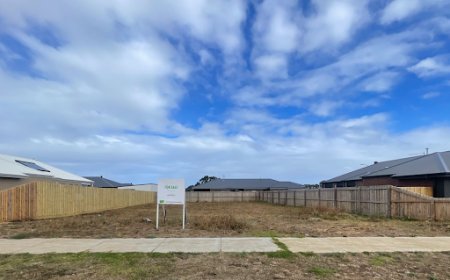How to Practice Filmmaking: A Beginner’s Guide to Getting Started
Learn how to practice filmmaking step-by-step with hands-on tips for beginners. Build your skills, shoot short projects, and explore tools to become a confident filmmaker.

Embarking on a filmmaking journey doesnt require a blockbuster budget or a film degree. It starts with a mindsetcuriosity, patience, and a hunger to create.
Many aspiring filmmakers wonder where to begin, but the key lies in doing, experimenting, and learning from each frame you capture.
Whether your goal is directing, editing, or producing, practicing consistently is what will refine your skills and help you develop your voice.
This beginners guide offers clear, practical steps on how to practice film and grow into a confident storyteller.
Why Filmmaking Requires Practice, Not Just Theory
Filmmaking is a craft built on repetition, failure, and discovery.
Reading about techniques or watching interviews wont substitute for actually holding a camera and capturing scenes.
Like painting or music, it takes hands-on work to refine your vision, timing, and technical skill.
The more you practice, the better you understand framing, pacing, and emotional beats.
Learn by Doing, Not Just Watching
YouTube and film school can provide great insight, but real progress happens on set.
Start smallshoot a short scene or dialogue in your living room.
Youll quickly discover what works and what doesnt.
Practical Areas to Practice
- Composition and shot planning
- Sound recording and mixing
- Lighting techniques using household items
Build Confidence Through Small Projects
Your first film doesnt need to be perfect; it just needs to be yours.
Take on manageable projects like a 60-second short or a silent scene.
The goal isnt to impress others but to get used to working with cameras, scripts, and editing software.
Every short you make strengthens your filmmaking muscle.
Repeat the Process
- Shoot, review, and repeatthats the rhythm of growth.
- As you edit your footage, take notes on what youd do differently next time.
- This habit of reflection helps you evolve faster than waiting for the perfect idea.
Use Your Phone as a Starting Tool
You dont need a cinema camera to become a filmmaker.
Most smartphones today shoot in HD or 4K, and many even have built-in stabilizers and editing apps.
Learning to shoot with your phone allows you to practice framing, movement, and storytelling anywhere.
It's the perfect entry point for beginners.
Shoot Everyday Scenes
Record your morning routine, a walk in the park, or a conversation over coffee.
By capturing everyday life, you sharpen your storytelling eye and learn how to edit for emotion and pace.
Use free tools to cut, color, and refine the footage.
Study Films with Purpose
Watching films is different from studying them.
Pause scenes to break down lighting, editing rhythm, and dialogue structure.
Ask yourself why the director chose a certain angle or cut.
Take notes and then try recreating a similar scene with your own resources.
Mimic, Then Innovate
Recreating scenes is a powerful way to learn pacing and direction.
Start by imitating, then put your own twist on the concept.
Eventually, your style will emerge from the mix of influences you admire.
Collaborate with Other Creatives
You dont need to know everythingfind others who want to learn and build together.Working with others teaches you communication, delegation, and creative compromise.Whether its a friend acting or a cousin holding a light, collaborationmultiplies your capacity to learn.
Explore local filmmaker groups or online forums to meet people who share your passion. Start small, stay curious, and explore your voice through the lens. Begin today with resources like rezaid film and let each project guide your evolution.
Share the Workload
Try writing while someone else directs or edit someone else's footage.
Each role helps you understand the filmmaking process from a different angle.
Plus, it gives you a break from solo projects and adds new energy to your work.
Use Free and Accessible Tools
There are many free or low-cost tools for editing, sound mixing, and screenwriting.
Apps like DaVinci Resolve, HitFilm Express, and Celtx allow you to practice real workflows without investing heavily.
Learning software early prepares you for more advanced work later.
Make it a habit to explore new tools, even if youre only using the basics.
Start With Simple Edits
Dont get lost in effects. Focus on cutting your scenes for clarity and emotion.
Sound mixing and pacing matter more than transitions or filters.
Watch tutorials and apply what you learn immediately.
Learn from Mistakes and Feedback
Rewatch your projects with a critical eye and ask others for feedback.
Dont take criticism personallyits a tool to improve.
Every mistake teaches you what to avoid next time and what to strengthen.
Keep a journal of lessons learned after every project.
Feedback Tips for Growth
- Ask trusted peers for specific feedback
- Watch your project with fresh eyes a day later
- Accept flaws as learning steps
- Keep track of what worked and why
Find Inspiration Without Imitation
It's easy to fall into the trap of copying famous directors, but your journey should reflect your voice.Use inspiration as a stepping stone, not a cage.Allow your interests, background, and emotions to guide your projects.The more personal the project, the more powerful the impact.
Look Beyond Film
Inspiration can come from books, photography, or even music.Build mood boards, collect references, and write down random ideas.Use these to create fresh and original content.
Practice with Intention, Not Perfection
The goal of practice isnt to create a masterpieceits to improve with every project.Be intentional about what you want to learn each time.One project may focus on lighting, another on dialogue.This focused approach makes your growth measurable and consistent.
Set Creative Challenges
Limit yourself to one location or a single actor.Create rules that push your creativitylike no dialogue or one continuous shot.
Constraints often lead to your most inventive ideas.
Conclusion
Filmmaking is a journey, not a destination.
Its about exploration, growth, and connecting stories to people.
By practicing regularly, using whats available, and collaborating with others, youll grow from amateur to confident creator.
































